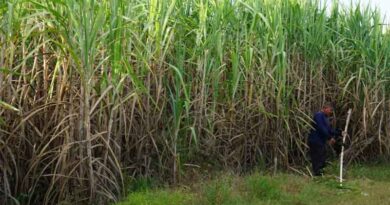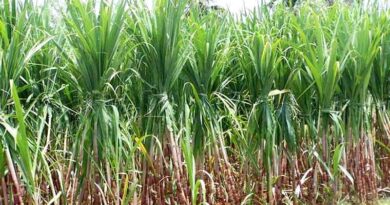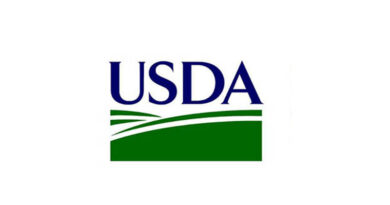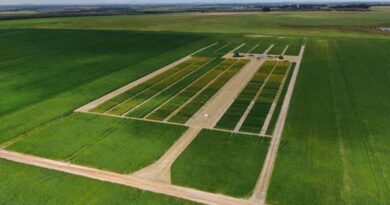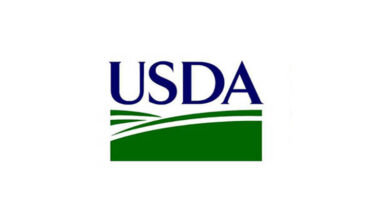EU sugar sector has shown satisfactory overall resilience since end of quotas
31 January 2022, EU: Marketing year 2017/18, which followed the end of the quotas, combined higher-than-average yields with expansive strategies by some EU sugar producers, resulting in exceptionally high sugar production. This oversupply was met with a significant decline of sugar prices on the international market, provoking a four-year period of low sugar prices on the EU market. Overall, actors of the EU sugar supply chain experienced an important decline in profitability, with the economic viability of the sector seriously threatened. Still, the sector as a whole managed to weather the storm, suggesting an overall satisfactory resilience with some differences at national level. The downward adjustment of sugar production and the moderate increase of prices in recent years is an indication that the EU sugar market is in the process of finding a new balance. Those are among the key findings of the “Study on the adaptation strategies of the sugar supply chain after the end of the sugar quotas”, published today by the European Commission.
The study analysed the different factors contributing to the resilience of the sugar sector. Among those, cost competitiveness in the farming and processing stages was critical in determining the overall resilience. Contractual arrangements overall are beneficial in terms of planning, thus ensuring stability and predictability, and strengthening the economic viability of actors. The combined influence of size and diversification of sugar producers is also effective in smoothening variations in profitability, thus strengthening their resilience.
Also Read: Union Budget 2022-23: Transformation Agriculture through irrigation and win back India’s farmer
In contrast, having extremely heterogeneous productivity levels in sugar beet farming across Member States (some having very low sugar beet yields for instance) combined with handicaps affecting the processing stage, such as the short duration of processing campaigns, are structural features that most affect the sector’s resilience.
As far as the risk management tools and adaptation strategies were concerned, the study confirmed the effectiveness of specific farming practices and crop insurance for the sugar beet growers while reserve funds and increased recourse to hedging techniques helped sugar producers and international sugar traders in smoothening out variations in turnover/profitability and in addressing price volatility.
The study concluded that the end of the EU sugar quota system, combined with the removal of a sugar beet minimum price, had only indirect effects on the economic viability of the EU sugar supply chain. Even indirectly, it still contributed to reducing margins and profitability for sugar beet growers and sugar producers. This situation is nevertheless improving thanks to the recent positive developments in the sector.
EU trade policy was found to have no effect on the economic viability of EU sugar actors, with the import regulation mechanisms provided by EU law playing a critical role in addressing external shocks. In terms of agricultural policy, the study noted that voluntary coupled support to sugar beet contributed effectively to safeguarding the profitability of sugar beet farming in the 11 Member States where it was granted. The decoupled direct payments were found to play an important role in stabilising sugar beet growers’ income, improving the resilience of the sector.
Background
The main objective of the study is to provide an in-depth analysis on the EU sugar sector’s capacity to adapt to its post-quota environment, as well as on its ability to respond to varying market and production conditions.
The study investigates in particular the consequences of the end of quotas for the EU sugar sector, and assesses whether, and to what extent, the existing adaptation strategies implemented in the sector ensure an appropriate level of resilience against current and future threats.
It follows up on the conclusions of the High level group on sugar, which recommended to the European Commission to initiate a comprehensive review of the possible strategies for improving the market resilience of the sector.



